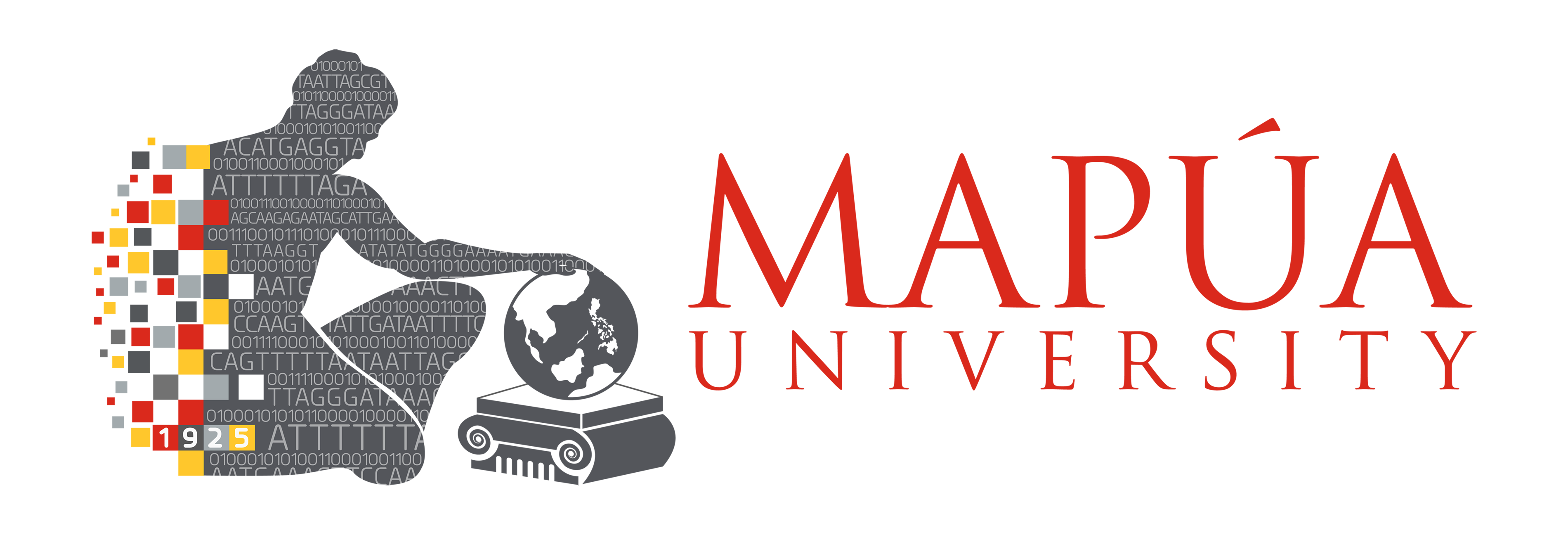Cisco Philippines and Mapúa University Unveil First-ever Digital Classrooms Equipped with New AI-Led Collaboration
Sponsored by

Mapúa University, one of the top engineering and technological schools in the Philippines, today unveiled how it will leverage AI-led collaboration and connectivity tools to redefine the classroom experience for students in the upcoming academic year, beginning in August 2024.
Created in collaboration with Cisco as part of its Country Digital Acceleration (CDA) program in the Philippines, UGNAYAN 2030, the country’s first digital classrooms support Mapúa’s Tri-x (triple experience) teaching and learning framework, which gives learners the power to choose their mode of participation for every lesson, whether that is face-to-face, synchronous, or asynchronous learning.
“The future of education is here, and our learning modalities at Mapúa are breaking barriers by creating limitless opportunities for personalized, accessible learning. We are excited for this next chapter of our partnership with Cisco to enable students to achieve better learning outcomes with greater flexibility and personalized learning with our digital classrooms. This is a big step towards our vision to foster sustainable socio-economic growth through innovation, digital transformation, and lifelong education” said Dr. Dodjie S. Maestrecampo, President and Chief Executive Officer of Mapúa University.
“Technology is transforming the way we work, learn, and live. We are excited to support Mapúa University’s transformative journey to become a leading innovation hub that utilizes cutting-edge teaching and learning methods under UGNAYAN 2030. By helping the university leverage AI and inclusive collaboration tools in the classroom, we are closing the learning divide, enhancing student access, and ensuring quality education for every student nationwide so that no one gets left behind,” said Zaza Soriano-Nicart, Managing Director of Cisco Philippines.
With support from ICT solutions integrator Microdata, Cisco’s purpose-built artificial intelligence (AI)-powered collaboration and smart cameras will help to create inclusive, engaging, and secure learning experiences for hybrid learning. At an exclusive media preview, Mapúa showcased the full range of these capabilities:
- Webex Boards will enable students and teachers to join video meetings, digitally whiteboard, annotate on shared content, and potentially translate 13 languages to more than 100 other languages in closed captions including Tagalog in real-time.
- AI-powered features through Webex Suite deliver immersive experiences with features like background noise removal optimizing speakers’ voices and people focus cropping the videos of remote participants automatically so they can be seen more clearly and help students feel more connected in hybrid classes.
- AI-generated meeting summaries that include highlights, chapters, and action items with every recorded lecture also help students catch up on what they might have missed in class.
- Meraki cloud-managed smart cameras configured to work seamlessly with underlying wireless connectivity help instructors capture real-time footage or pre-recorded videos of the classroom from different angles to assimilate students joining remotely and feel included in the class.
Secure by design, Webex harnesses enterprise-grade protection that is built in, not bolted on, and compliance to verify every learner, protect every device and browser, and ensure that all communications are secure with encryption.
The university now boasts five digital classrooms; three are located at the Intramuros Campus, delivering courses on Engineering, Architecture, Liberal Arts, and Athletics, and two at the Makati Campus, providing courses on Information Technology, Media Studies, Business, Health Sciences, and Nursing. In the new academic year in August, Mapúa University will open the digital classrooms for official use in course lectures, extra-curricular activities, and inter-campus planning sessions and meetings across its Intramuros, Makati, Laguna, and Davao Campuses.
These smart classrooms represent a step towards realizing Mapúa’s ambition of becoming a full-fledged smart campus. In the next phase of its journey, the university will look at further leveraging digital classrooms to make education accessible across borders and drive an internationalized education experience for its students.